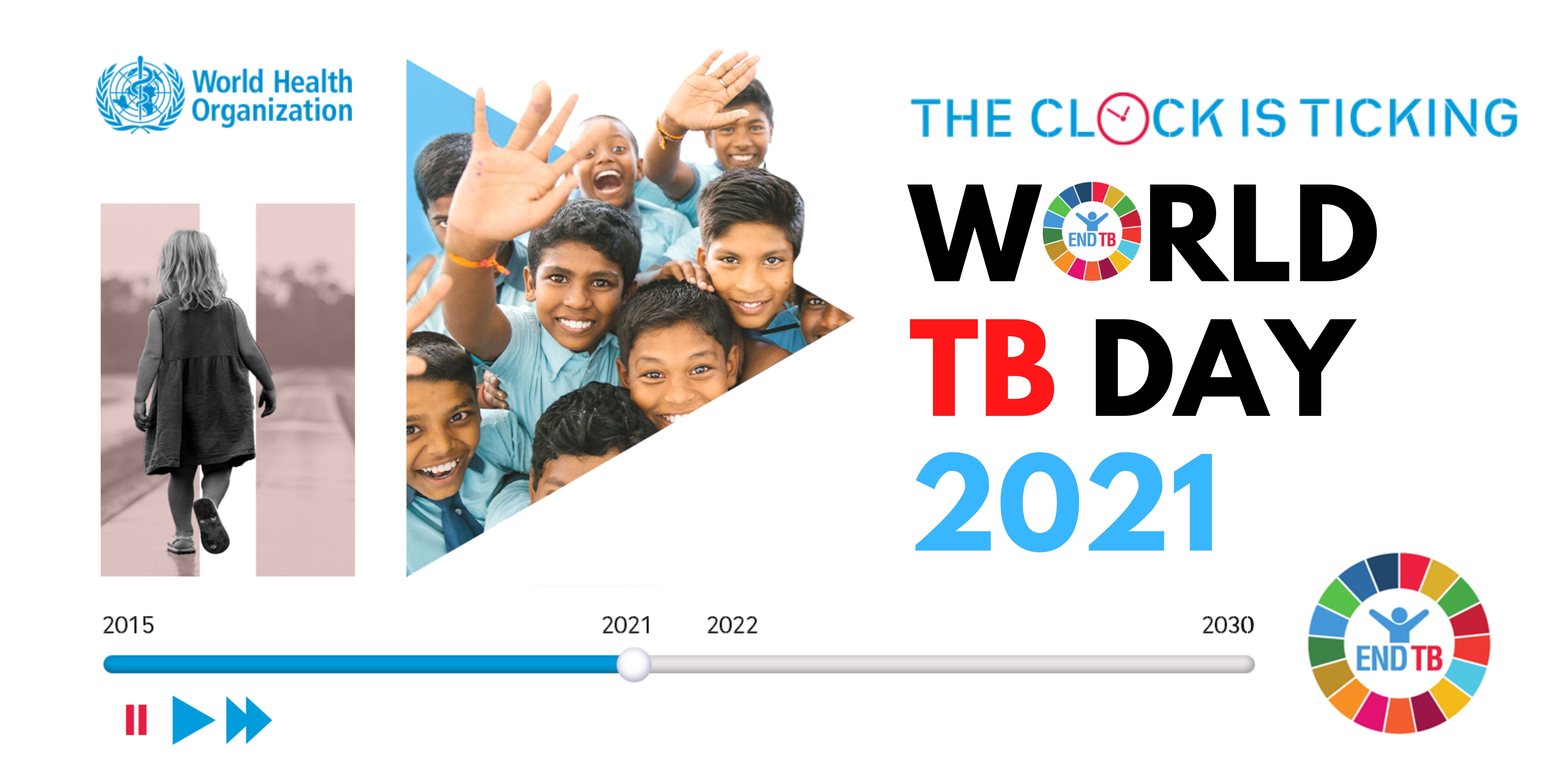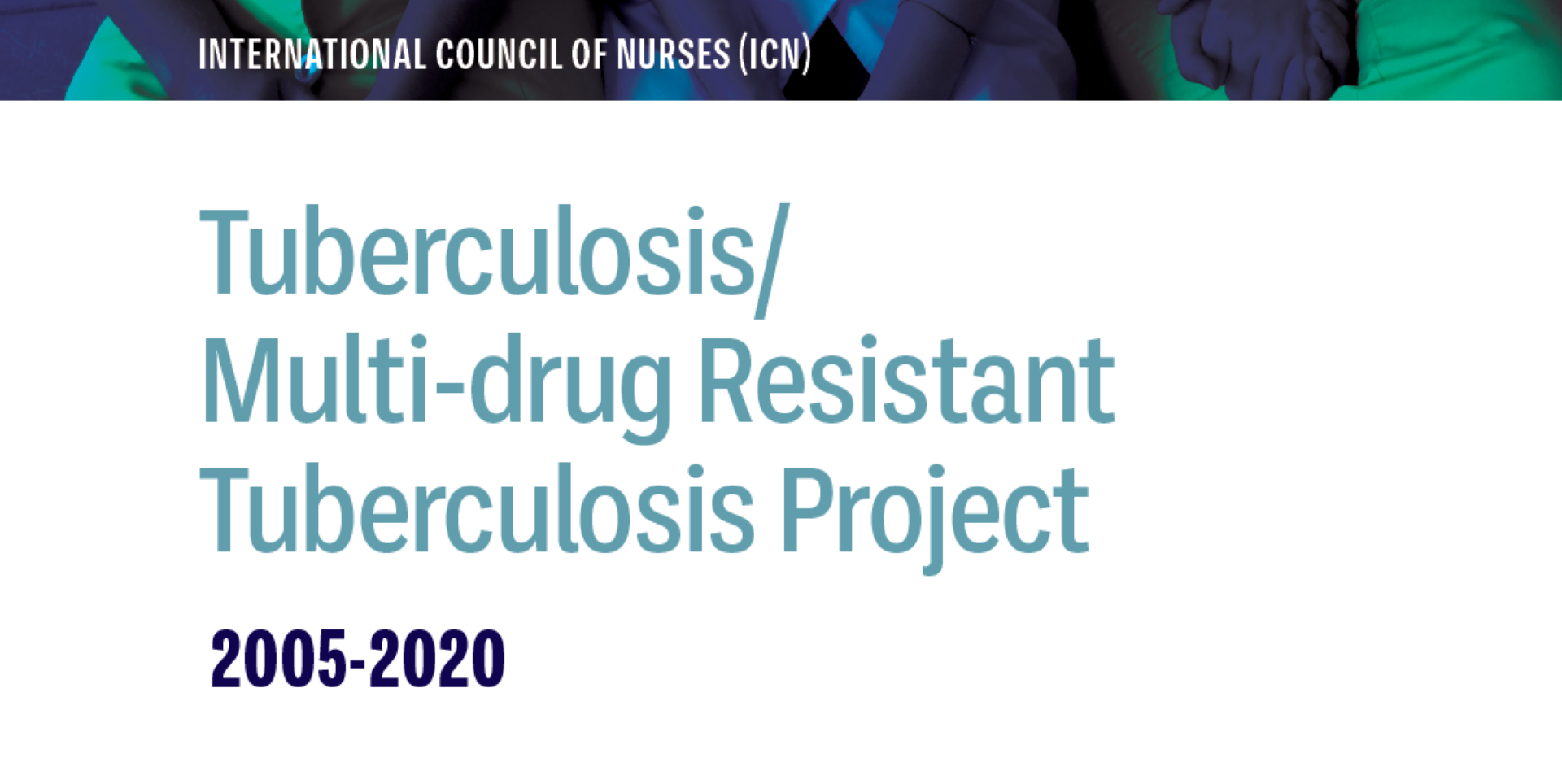TB/MDR-TB project
The ICN TB/MDR-TB Project aims to build global nursing capacity in the prevention, care and treatment of TB. This is achieved by training experienced nurses to cascade information to nursing colleagues and other health workers with the purpose of making improvements to patient care delivery. The practice-oriented nature of our training programme enables nurses to improve the implementation of policies and guidelines relating to TB and MDR-TB using a patient-centred approach. The project has been part of the Eli Lilly MDR-TB Partnership since 2005. The training courses are run in countries with a high burden of TB and MDR-TB where ICN has a strong working relationship with the national nurses association.
The ICN TB/MDR-TB Project has trained 2,318 nurses through the Training for Transformation (TFT) courses in 17 countries in Africa, Asia, and the Russian Federation since 2005. These nurses have in turn rolled out the training to more than 179,300 nurses, doctors, allied health workers and community members – which equates to each nurse training approximately 78 additional people.
Download the Tuberculosis/Multi-drug Resistant Tuberculosis Project 2005-2020 report here
IMPACT OF THE PROJECT
- Increased confidence among nurses trained
- Increased nurse leadership
- Increased knowledge about TB/MDR-TB – 24% increase on post-test
- Decrease in stigma towards patients
- Impact on patient care
- Improved psychosocial support to patients
- Improved education to patients and family members
- Improvements made to infection control
Read an article on the Journal of Continuing Education in Nursing on the impact of the ICN TB project in China here
QUOTES FROM NURSES ON THE PROJECT
“I have been empowered with knowledge to help me contribute towards improving the care of TB patients.” (Ms Chikumbi, Zambia)
“This training is helpful to my work as TB nurse, I had a lot of deficits on delivery of care (best practice/standards), but I am now confident of what to do to improve lives of individuals including their families.” (Ms Msukwa, Malawi)
Free resources:
- The Union’s Best Practice for the Care of Patients with Tuberculosis; A guide for Low Income Countries - second edition 2017 (English, Chinese, Russian, Spanish and French)
- On-line course: Care, prevention and management of tuberculosis (TB)
- Mobile app of the Nursing Guide for Managing Side Effects to Drug-resistant TB Treatment. The app is currently available in English and is available on both Google Play and the Apple App store.



